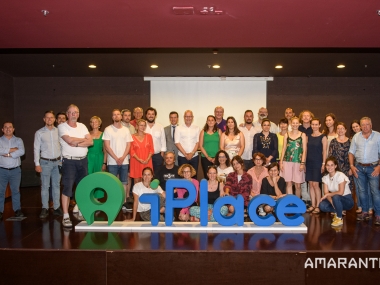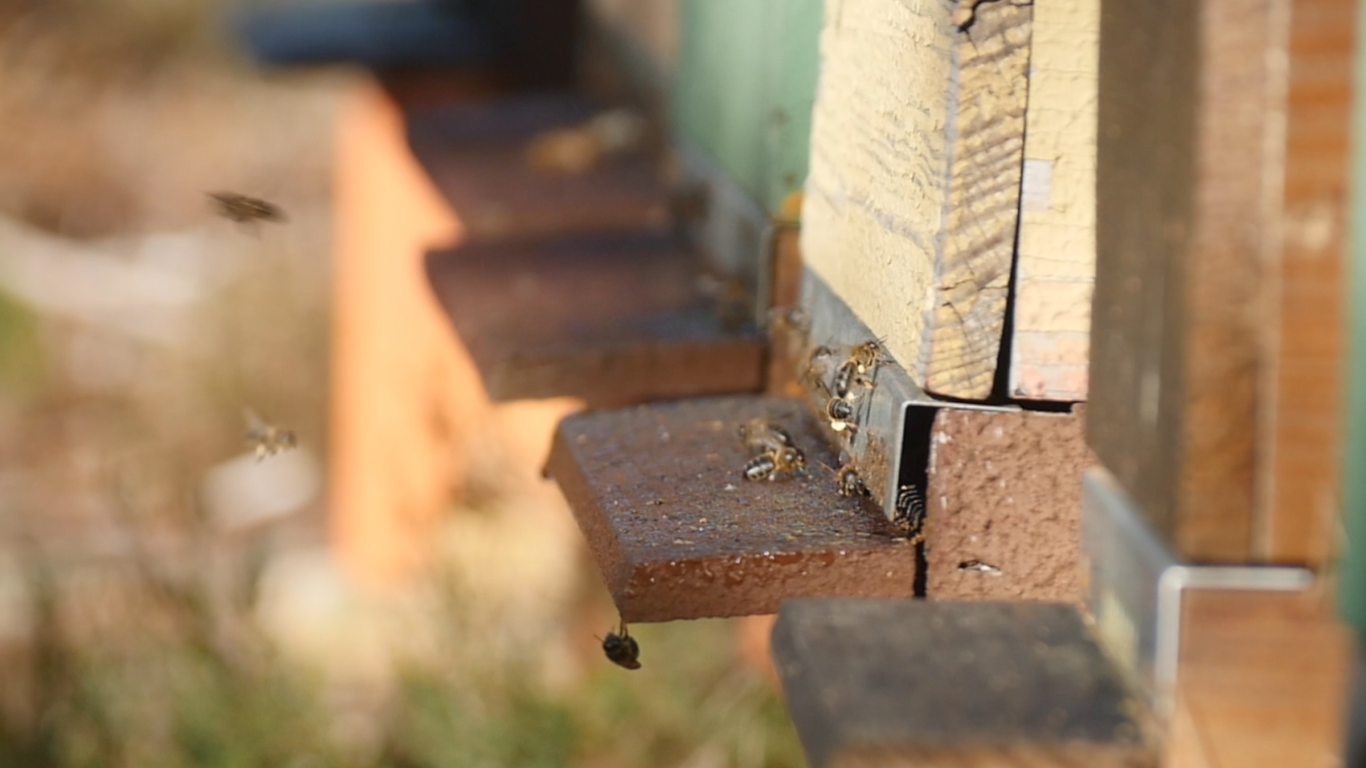CITIES STRATEGIES IN BETWEEN URBACT NETWORKS
Edited on
26 July 2022The case study of Amarante, participant on the transfer network Beepathnet and lead partner of the action plan network iPlace.

URBACT is a not only a school for European cities, but also a laboratory for new ideas. Participating cities learn from each other, sharing their challenges, their case studies, but they also have in URBACT networks an opportunity for experimentation.
Being part of URBACT is an opportunity for cities representatives and teams to get inspired and to meet new trends about city development.
Amarante is an active city in URBACT, it first began by participating in the City Centre Doctor and Change Networks, and then Beepathnet and iPlace, which shared a common period.
This article is about the potential of the space in between projects, namely iPlace focused on the local economy development and the creation of strategies for smart specialization processes based on opportunity niches, and BeePathNet that was about the relation of beekeeping and cities dynamic.
If you are looking to promote the economic development of your city, and you have potential in the beekeeping sector, this article is definitively for you!
At iPlace we mastered on identifying economic niches, and developing integrated action plans to achieve that potential. This article tries to apply the iPlace approach to the BeePathNet niche, combining in that way the knowledge from two different URBACT networks.
Why cities should consider beekeeping in their city local economy development plan?
Let me share 7 reasons:
1. Promoting Beekeeping is at the same time, promoting the economy and also promoting sustainability. As we all know, we are the generation that needs to solve the climate changes challenge! For example, some cities in order to protect bees eliminated pesticides in their maintenance strategies!
2. Beekeeping activity is moved by passion! Beekeepers are normally people that care about nature, and that have this activity normally at the beginning as a hobby. We benefit with economic activities where workers feel fulfilled, because that promotes happier cities and communities!
3. Good beekeepers could be people with, or without, a remarkable academic background. When cities promote beekeeping, they are also promoting opportunities to all the people from the city in a very inclusive way.
4. Beekeeping could be the main job for a beekeeper, earning his salary from the activity, but it could also be an extra earning source for people that have other jobs. For different people, there is a value preposition in the beekeeping activity that fits their individual needs.
5. Beekeeping could be an economic opportunity through selling honey, and other beehive products, but there is also the opportunity to transform them into added value products like mead, cakes or cosmetics. In the beekeeping economy there are also opportunities in producing beehives, queens, software for producers, etc. Actually, this niche that could be seen as hobby could become quite impactful.
6. Tourists have great curiosity about bees and honey lifecycle! Cities can promote touristic routes and experiences that can attract new customers. Cities should look for each tourist as an opportunity to promote their brands and local products, including the ones that are not related to beekeeping!
7. By being a friendly territory for bees, cities will also gain benefits in some agriculture productions. Literature tells us that some productions could increase more than 20% having bees around due to the contribution of the pollinators! How amazing is it?
Be ekeeping is actually a super interesting world that in my opinion will be year after year more valued.
ekeeping is actually a super interesting world that in my opinion will be year after year more valued.
Did these 7 reasons attract your attention? Let me try to give some insights about how to promote it!
How could cities promote it?
Let me share 5 tips about it!
1. Creation of bee product markets in the city centre in order to promote beekeeping and the relationship between beekeepers. They should know each other in order to share enthusiasm and knowledge, and people should meet beekeepers and their products in the city centre to gain proximity!
2. Cities could use Beekeeping for city centre placemaking, by creating fun experiences for children, information point for adults, planting melliferous plants to feed bees, and celebrating World Bee Day! These activities will create a positive atmosphere for the development of the niche.
3. The promotion of synergies between beekeeping and businesses like restaurants, pastry shops and tourism agencies, and also at city’s events and main media companies, will create new opportunities, and enrich other businesses. A beekeeping cluster will get stronger with these links!
4. Promotion of the creation of new beekeeping products and startups, through innovation competitions, offering advertisement and some prizes to the winners! With these activities cities promote the connection with young people that normally get enthusiastic with these kinds of challenges!
5. In order to promote earnings for the cluster, cities could use beekeeping products in their institutional offers, and also position products in their gift shops, make them available to inhabitants, tourists and also use e-commerce to reach the diaspora!
URBACT is about receiving but also giving. Amarante has this uniqueness of having participated in projects that gave us this experience. The ideas that came from the combination experiences are something that should definitely be shared with other cities!
Let’s drive change for better cities!
Written by Tiago Ferreira
Project Manager of iPlace, and participant on Beepathnet.
Amarante, Portugal
Notes:
- Special thanks to all the participants from both networks iPlace and Beepathnet, especially for the two talented lead experts Wessel Badenhorst (iPlace) and to Klemen Strmsnik (Beetpathnet) and to Maruška Markovčič (Beepathnet, Ljubljana) that was an inspiring project manager.
- This article was originally thought to the “Food Storytelling Battle” that was presented on the Online Urbact City Festival 2021.
 Submitted by Sonia Files on
Submitted by Sonia Files on
